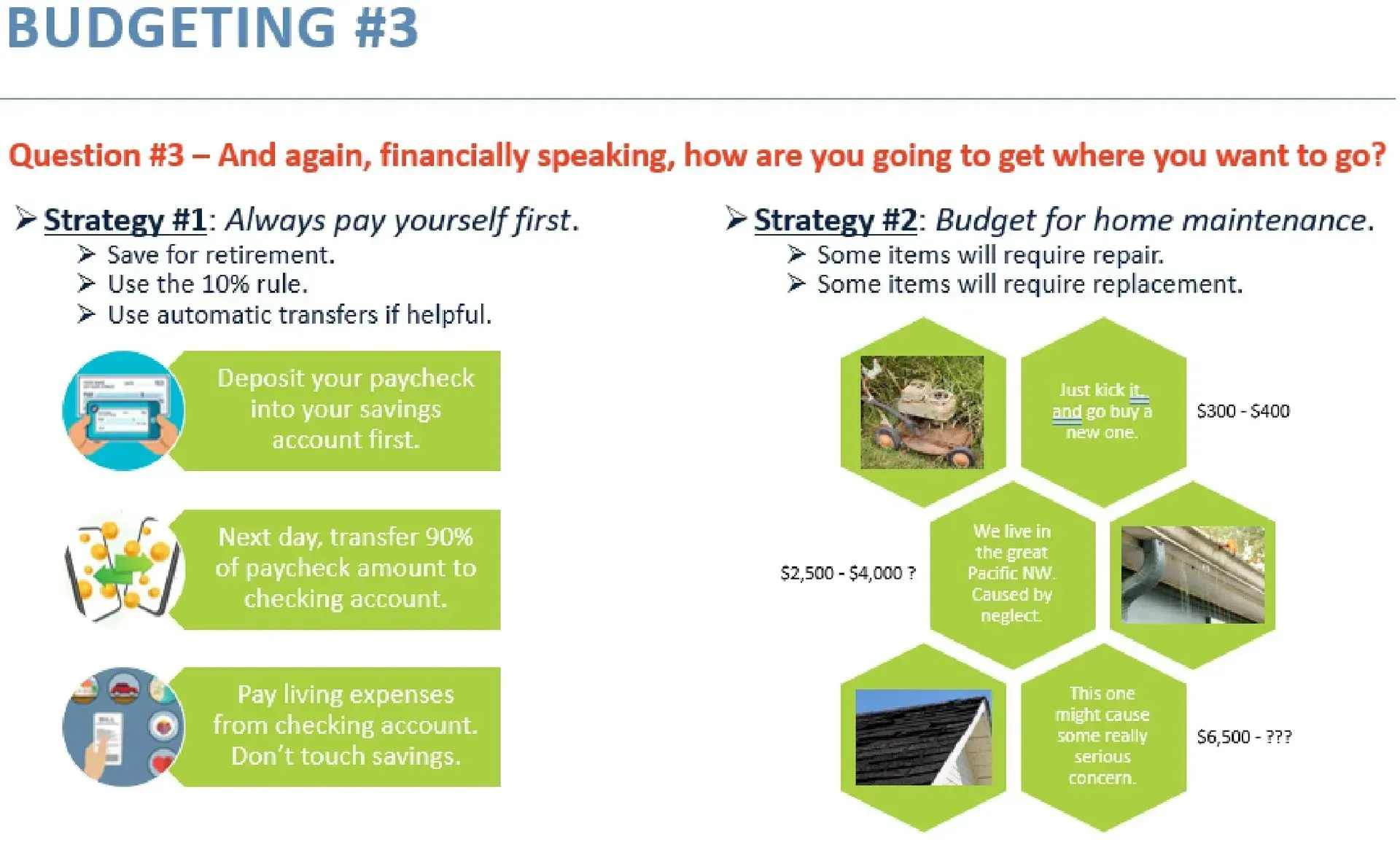Does Down Payment Assistance Makes Qualifying Harder?

Does down payment assistance make qualifying harder? The answer is case-specific. I've done hundreds of mortgage loans for my clients that involved down payment assistance in the past. And in 99% of those cases, the down payment assistance did not make it harder for them to qualify. But in the interest of being fair, that was because I explained various down payment assistance programs to them, recommended they select a program where there was no monthly payment required, and they accepted my recommendation.
Let's do a quick review here. All the down payment assistance programs I've ever known about involve both the main mortgage on the house, and a down payment assistance loan that is recorded against the home as a second mortgage. In some cases, the borrowers are required to make a monthly payment on that second mortgage, and there is absolutely nothing wrong with those programs. But the reason I have never done such a loan program for any of my clients is that the monthly payment on the down payment assistance loan has to be counted into their DTI, or debt-to-income ratio. And that in turn means that their first mortgage - the "big mortgage" - has to be a little less in order for them to qualify.
So instead, I've always recommended that my clients use mortgage programs where there isn't any monthly payment required on the down payment assistance loan, because there isn't any payment to be included in their DTI. And that usually allows their "big mortgage" to be a little more, thus enabling them to buy a little more house. These programs usually require that the borrowers take a homebuyer education class, either live or online. This is usually required by the private mortgage insurance companies that insure these loans, because they want to make sure that the borrowers on these kinds of loans go into them with their eyes wide open, and fully aware of what their responsibilities are in a mortgage contract.
In lieu of monthly payments on the down payment assistance loans, these loans usually have to be paid in full when the borrower pays the mortgage balance in full, refinances the mortgage, or vacates the house to turn it into a rental property. There are also some programs that turn the down payment assistance loan into a grant, where the loan is forgiven after the borrower(s) has made their first 60 payments on the mortgage in a timely manner. And I've done both of these kinds of programs many times for my clients.
So - back to the original question: Does down payment assistance make qualifying harder? As I've said, the answer is case-specific. It depends totally on which down payment assistance program the borrower selects. It might, and it might not. And any mortgage loan officer who is "worth their salt" should be able to explain this to your satisfaction, as well as guide you in the selection of which down payment assistance program you want to use. If they can't, call me, and I'll be happy to walk you through it.

Home Mortgage Loan Reviews
Cierra & Jonathan
Jim was absolutely instrumental in our first ever home purchase! He welcomed all of our questions with such warmth and his expertise and respect for our budget made it possible for us to buy the house of our dreams in a market that sometimes felt impossible. We are so grateful to have worked with Him.
Mikahla M.
Jim was amazing and took fantastic care of our mutual clients! He is very communicative and detail oriented, highly recommend!
Tracy H.
I’m always impressed with Jim’s knowledge. If you have questions about home loans and what’s best for you, give Jim a call!
Autumn E.
What more can I say other than how much money he saved me! I went from a mortgage that was drowning me to $800 less per month… That’s beyond HUGE. His whole rate and more secure fabulous rate and more fabulous mortgage payment!
Andrea S.
Jim was very informative in providing details, helping us to select the best loan, and guiding us to the best rate. He walked us through the process of filling out the loan paperwork and was in constant communication throughout the process.
Emma B.
Jim, from start to finish, has been our golden ticket during the process of buying our first home. We met Jim through the homebuyers education class he hosts and we knew right away he was a perfect fit for us. He’s honest, easy to get hold of and efficient. We can’t thank you enough, Jim - you’re the best of the best!
Rachel C.
Jim was very pleasant to work with he understood and worked with all our needs, and made us feel comfortable and confident in our choices. It was a great experience with great communication with everyone involved. We are happy with what Jim provided for us.
Debrah J.
Jim was great to work with. The process was speedy and seamless. We were well informed all along the way.
Mary D.
We have worked with Jim for many years when we purchased our homes or refinanced. He is very knowledgeable about the financial market and transparent. We appreciate that he has our best interest at heart, even if it may not benefit him. Jim is very responsive and we are extremely pleased to have worked with him again on our home loan needs. We absolutely will refer our friends and family to him!
Gerald C.
The outstanding service from Jim and his team was exceptional. The process was painless. And any issues that arose were dealt with quickly and professionally. I will highly recommend.
Tess L.
As first-time homebuyers, we were very nervous about all the complex pieces of this process. Jim was very patient with us and explained everything in detail and answered all our nervous questions with patience and understanding! Could not recommend more!
Jose A.
Jim has been fantastic with us! He has been prompt, honest, professional & a pleasure. I would recommend. 10/10! We look forward to working with Jim for the rest of our lives.
Samantha W.
Jim was amazing, the whole team took care of us and was always there. Thank you!
Adam M.
We had a great experience with Jim. We started in a home buyers class in June, 2016, and he coached us several times even before we were actually ready to buy. He told us exactly what to do, and when and how to do it. He was always available to meet when we needed him, including after regular business hours.
Brian F.
Jim was so responsive and extremely patient with all our questions. And the best part was that there weren't any negative surprises! We will certainly refer others to Jim.
Britt J.
From start to finish Jim has helped us every step of the way. We had many, many questions that he was more than happy to walk us through. We highly recommend using Jim Eyre and his team.
Matthew W.
Jim has been incredibly helpful and a pleasure to work with through the entire process, not only with paperwork, but also personally. Thank you so very much!
Browse My Website
Contact Information
Phone: (425) 210-2963
Email: jeyre@nexamortgage.com
Operating From 13320 Hwy 99, Unit 197, Everett, WA 98204
License: NMLS #442452
Corporate NMLS # 1660690
All Rights Reserved | Jim Eyre




